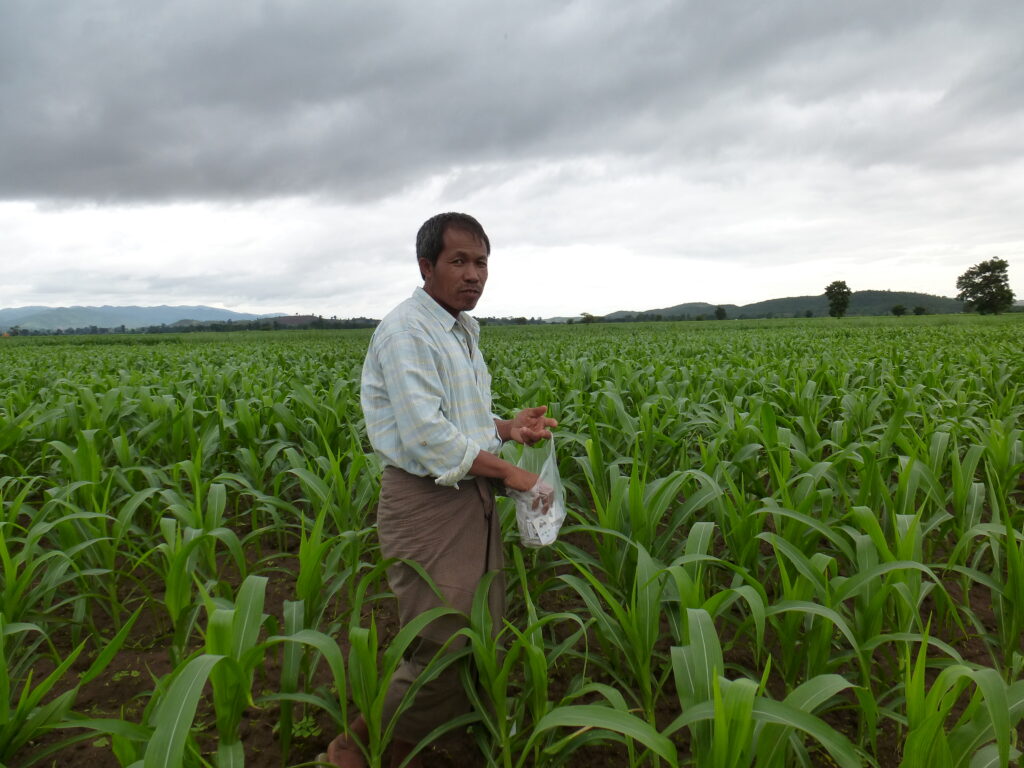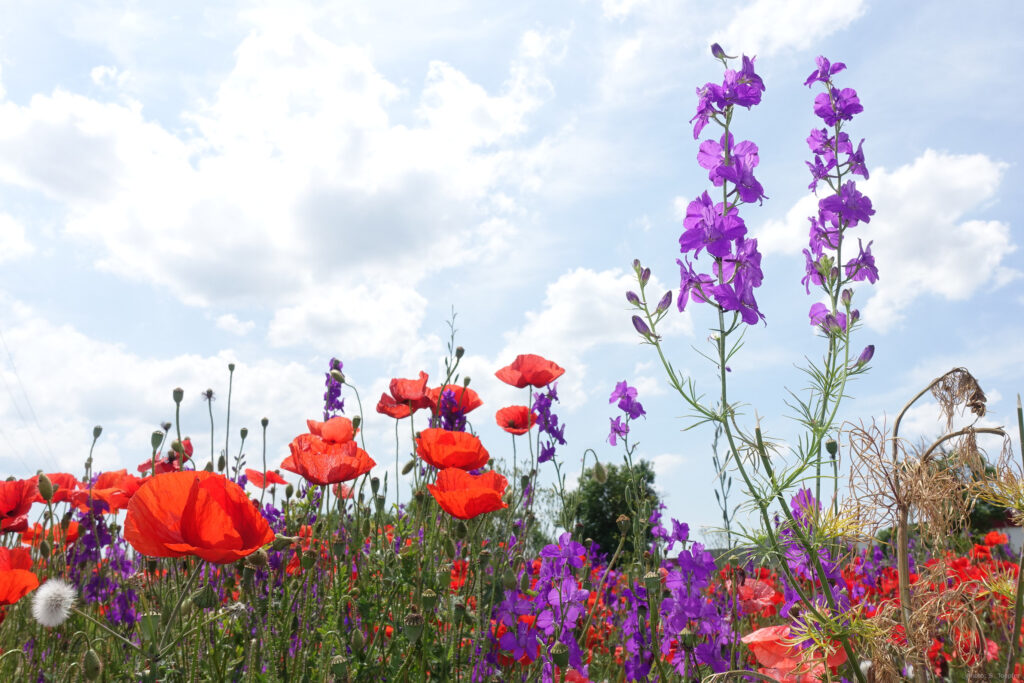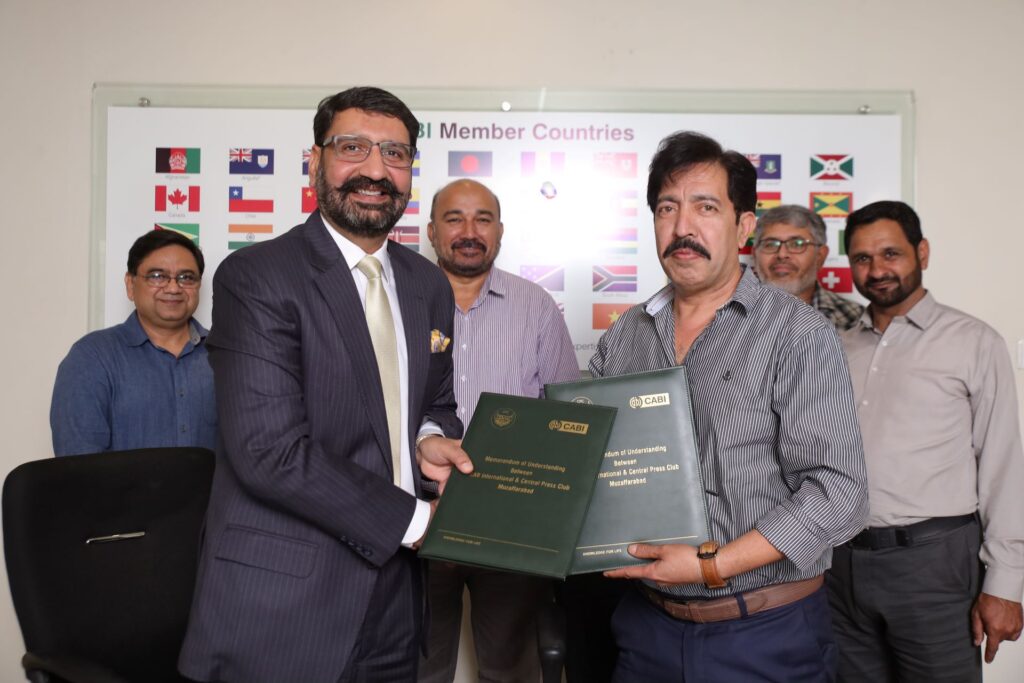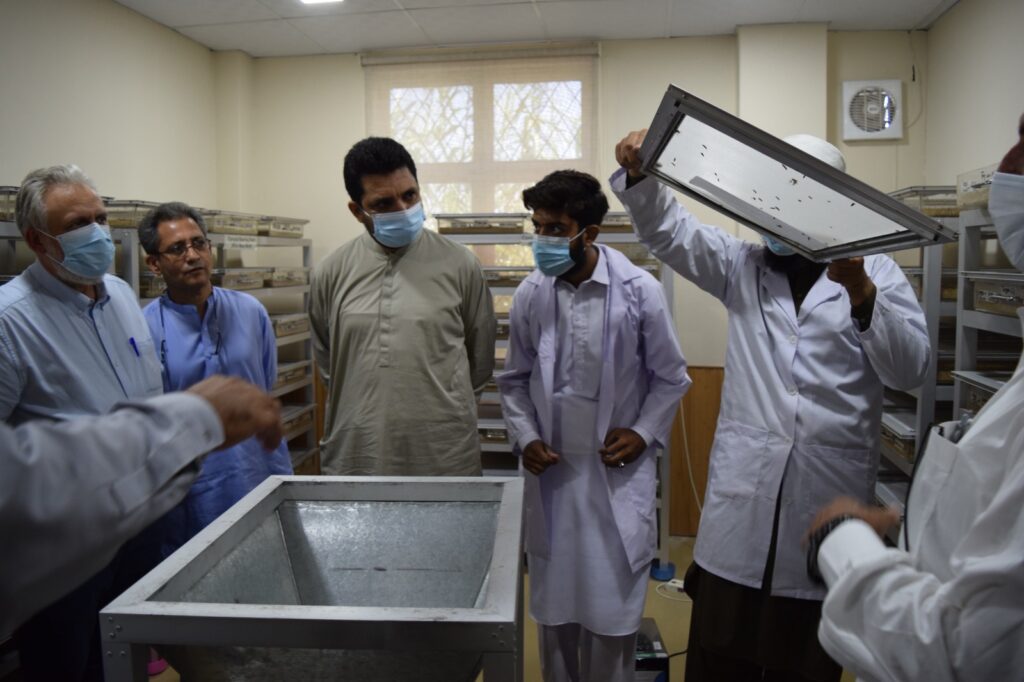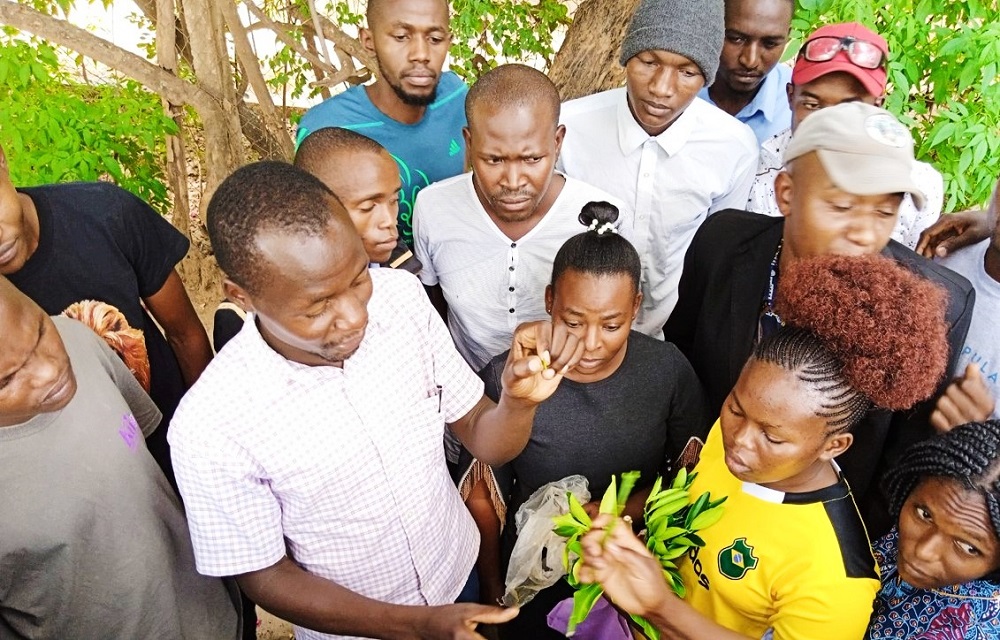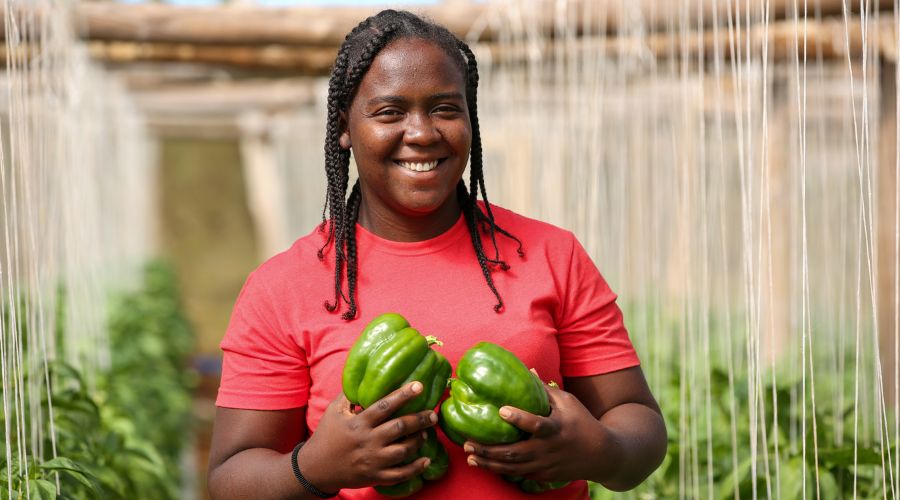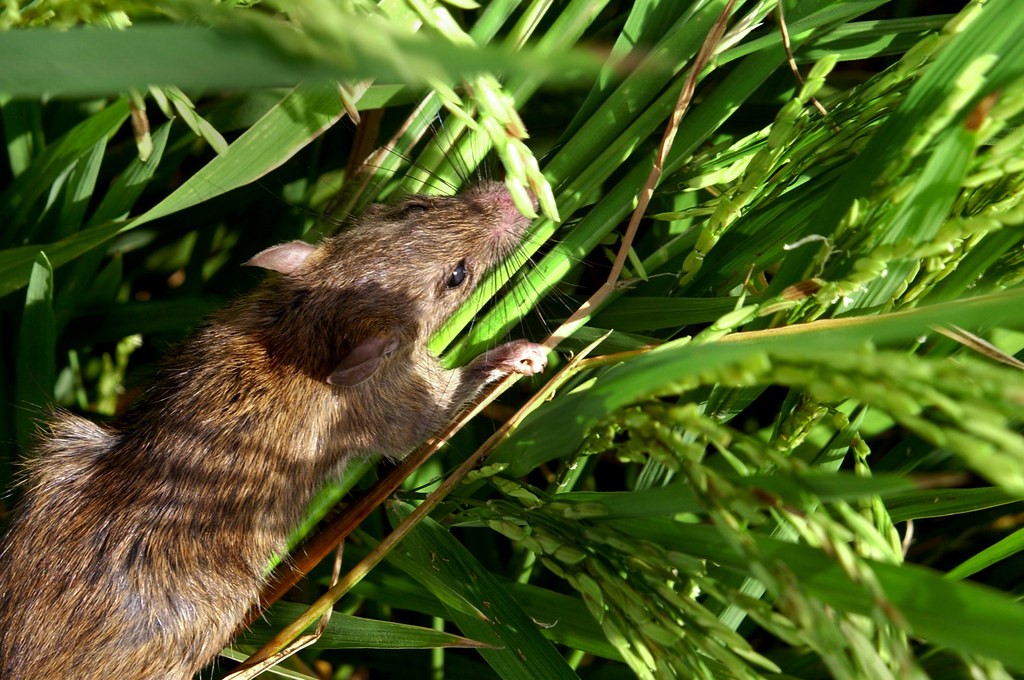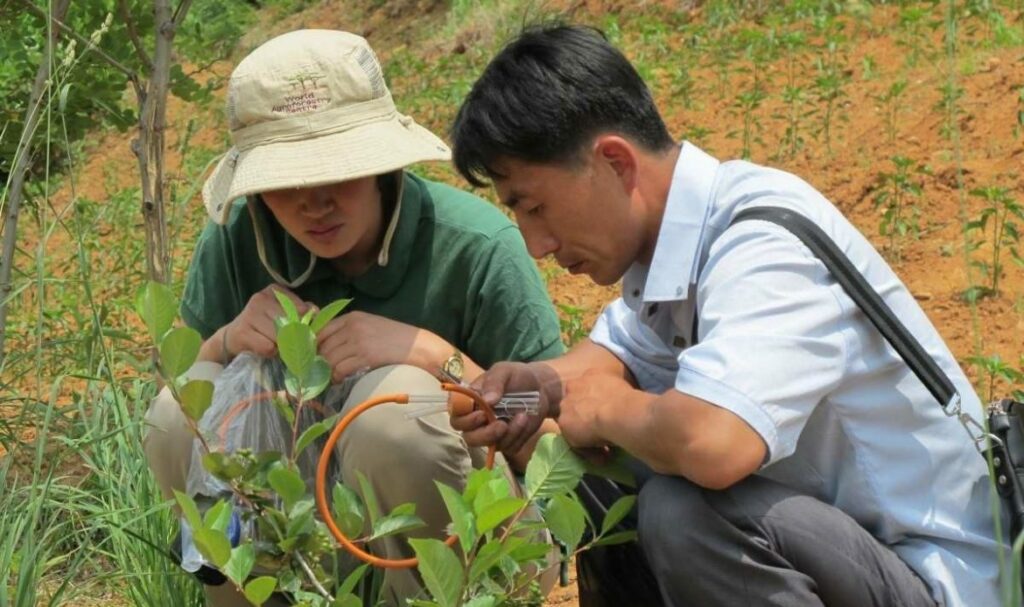Trichogramma mass rearing facilities piloted in Pakistan
Championing sustainable agriculture by promoting lower-risk plant protection solutions to tackle crop health challenges is a key objective of CABI’s PlantwisePlus programme. In particular, the managing of plant pests and diseases. A cornerstone of this work is setting up local facilities for the mass rearing of lower-risk plant protection solutions.
Why plant health matters
Why is plant health so important? Plants account for 80% of what we eat and 98% of the oxygen we breathe. They are essential for food security and a healthy world. Better plant health could help end hunger, alleviate poverty, protect biodiversity, and boost economic development. Yet, our planet’s plant health is under threat.
Integrated rodent management: rice production
Rodents are a particularly challenging pest in the rice production industry as they are a problem all the way from sowing to harvest. The rice field rat (Rattus argentiventer) causes average losses of 10-20% in rice growing areas. Ranking as the most important non-weed pest in Indonesia for 15 years up until 2000. Integrated Pest…

